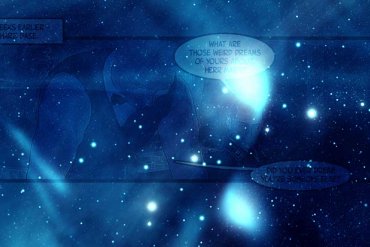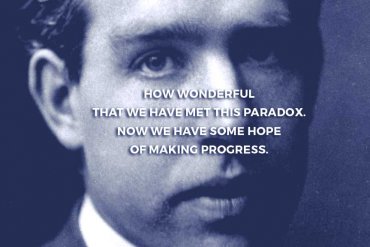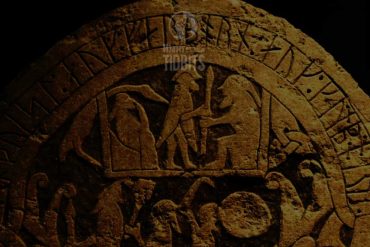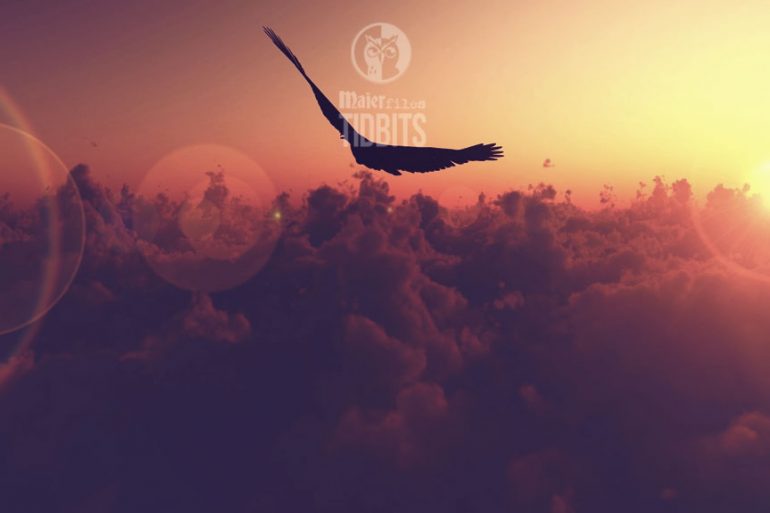Envision for a minute that there is a Very High and amazingly old Civilization. It has achieved the summit of its social and logical accomplishment. At that point, in an erupsion of frenzy and greed, it destroys itself in a Great War. As the untold annihilation achieves its peak and the colossal complexity of its science and innovation — the very science and innovation it has used to wage its war — can never again...
Philosophy
Everything on philosophy related to Maier files series. Posts and Thoughts examining existence, change, properties, space, time, causality, and possibility.
Otto Maier and his theory about waves, reality and time curves are rooted in the works of the men he looked up to, Leibniz and Descartes. In his “First Meditation” (1641), French philosopher and mathematician René Descartes decided he could not be absolutely sure he wasn’t dreaming. Most people would probably disagree with Descartes. You’re not dreaming right now, and you know it because experiences in dreams are different from those in waking life. A...
Understanding entails being able to detect an internal contradiction: a paradox. Are paradoxes “all in our heads” or are they built into the universal structure of logic? At first sight the idea of knowing what the universe is like, is absurd. American-Canadian neurosurgeon Penfield expanded brain surgery’s methods and techniques, including mapping the functions of various regions of the brain. Penfield’s experiments demonstrated that memories occupy engrams, specific physical sites in the brain. To know about...
In the vast and complex tapestry of Western thought, Julius Evola stands as a singular figure of intellectual prowess and spiritual insight. Born in Rome in 1898, Evola’s life and work spanned the tumultuous twentieth century, during which he made profound contributions to the fields of philosophy, esotericism, and traditionalism. His ideas continue to resonate and inspire today, with his writings remaining as relevant and thought-provoking as ever. One of Evola’s most enduring works is...
The short book called The Kybalion, published in 1908, is probably the most popular and, probably, most important occult work of the twentieth century. The book is rivaled in significance only by a much longer and very different work, Manly P. Hall’s magisterial encyclopedia arcana, The Secret Teachings of All Ages, which appeared twenty years later. The landscape of mythical and esoteric philosophies that the scholar Hall curated, illustrated, and documented in his volume are, in a sense, distilled...
If we knew how the words in our native language were made and what they have meant to successive generations of the men and women who have used them, we should have a new and very interesting kind of history to read. For words, like all other creations of man, were not deliberately manufactured to meet a need, as are the various parts of a bicycle or of an automobile; but grew gradually and slowly...
Lost in the world. As an instance of nature, man is only a reed, liable to be crushed at any moment by the forces of an immense and blind universe in which his existence is but a particular blind accident, no less blind than would be the accident of his destruction. As a thinking reed, however, he is no part of the sum, not belonging to it, but radically different. Disproportionate: for the res extensa...
The attentive reader of the first episodes of Maier files will have noticed that the tale once told by Rolf Dietrich and the history of Otto Maier are filled with powerful themes and images that might provide a clue to the real hidden mystery, among them: the Rose Trail (Troj de Reses), web of woven silk, the knights in the line of Dietrich von Bern, the enchanted windmill, fiancée of the Month of May, the...













